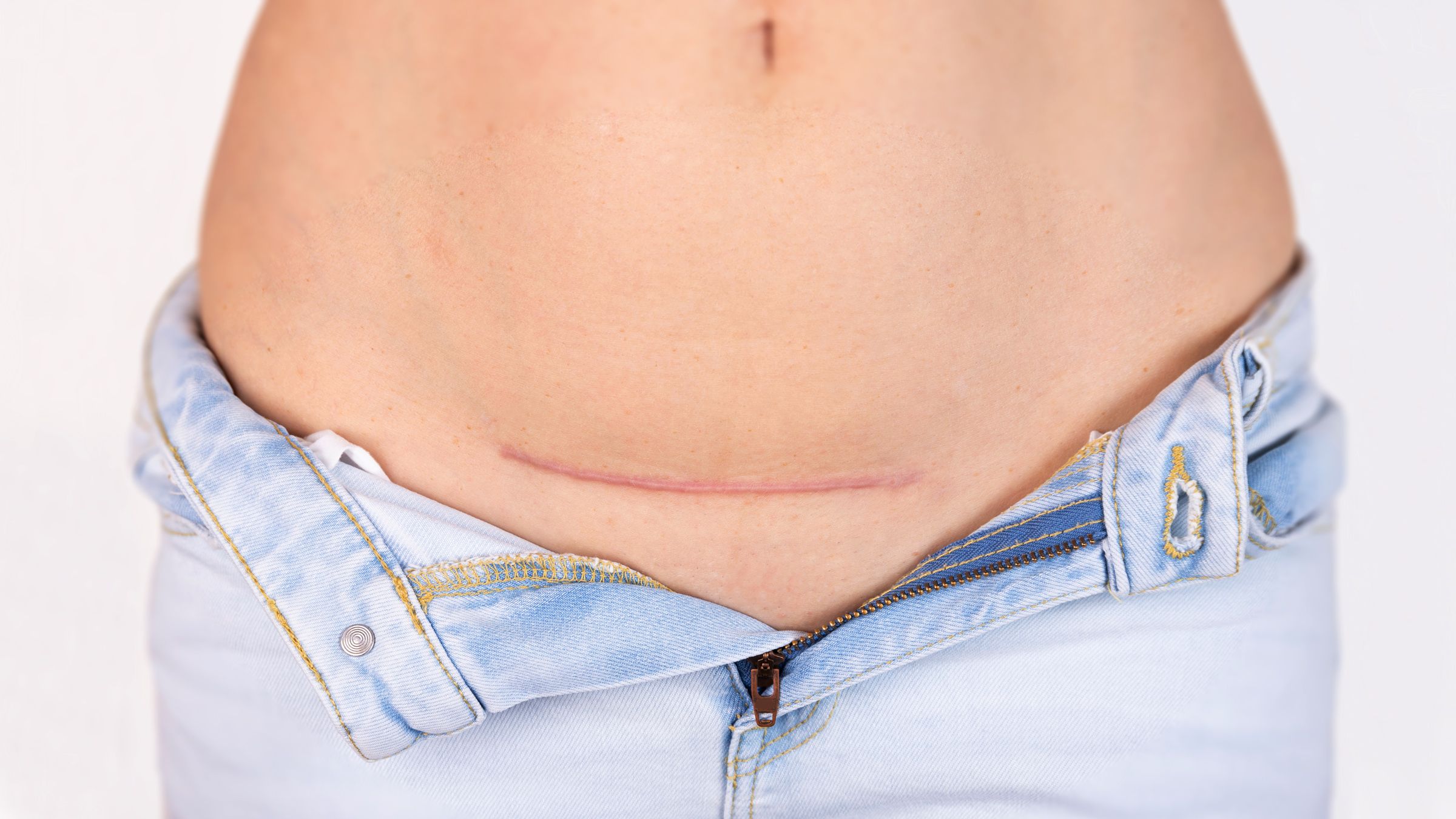Postpartum Recovery: The Importance Of Prioritizing Your Healing Process
Confinement. Lying-in. La cuarentena. Zuò yuè zi. Many countries around the world treat the postpartum period as a special time of transition. Family members surround the new mother and take care of household chores. They give her time and space to focus on her baby and self-care. For example, in China, zuò yuè zi (sitting the month in Mandarin) lasts about 40 days. Family members feed the new mother traditional foods to promote healing. She also follows certain postpartum traditions, such as limiting exposure to water and wind to avoid catching a cold.
This is in stark contrast to what many women in other countries experience. New moms may have to return to work within weeks after giving birth. Visitors ooh and ahh over the baby, and the mom feels obliged to entertain. Even the follow-up doctor visit might not be until four to six weeks after the birth. All this can make the postpartum recovery period even more stressful.
Your postnatal health is as important as your prenatal care. Understanding what happens to your body, mind, and emotions will better equip you to handle the challenges you’ll face during your postnatal recovery.
Postnatal recovery: What’s happening to your body
Giving birth is a stressful ordeal for your body. It’s not surprising that it will take some time to heal. Here’s what you can expect from your body during the postpartum period:
Sore breasts and nipples
Most breastfeeding moms experience some discomfort in the early days of nursing. However, if it lasts more than a day or two, get some help from a lactation consultant as your newborn may not be latching correctly.
Perineum soreness
If you gave birth vaginally, you may have needed stitches to repair a tear or cut in the perineum. The stitches will dissolve on their own, but you will likely feel some pain and discomfort for some time.
C-section stitches
Recovering from a c-section is a lengthy process. While the skin-level stitches may heal in 5-10 days, full recovery in the lower layer of muscle will take up to 12 weeks. Make sure to watch for signs of infection, including redness or swelling.

Vaginal discharge
Known as lochia, your body has to eliminate the excess blood and tissue it created to house your baby. You may have bleeding or spotting for up to six weeks after giving birth. However, don’t use tampons during this time as you don’t want to introduce any bacteria into your body.
Constipation
Most women have this problem after giving birth, but it might not come up in your mom and baby groups! Drink plenty of water and eat high-fiber foods. Don’t be afraid to ask your doctor to prescribe a stool softener if you’re having trouble with number twos.
Hormonal changes
Your hormones are going to give you a bumpy ride. Many women lose some hair postpartum or find themselves extra sweaty, especially at night. Most of this evens out with time, but if you’re concerned, ask your doctor.
As you can see, a lot is going on with your body. However, proper postnatal care isn’t just about your physical health. Yes, your body has changed and is still healing from giving birth. Yet you’ve also given birth to your identity as a mother – you have become a new person. This shift is key to caring for your mental health during the postnatal recovery period.
5 Tips for taking care of your mental health during the postpartum period
1. Practice relaxation techniques, such as meditation and sound therapy
Maybe you’re used to going to work every day and running full speed with a to-do list a mile long. After the baby is born, though, it’s important to slow down by doing less, focusing on the moment, and calming any feelings of stress and anxiety.
Sound therapy is a great tool to use for stress relief during your postnatal recovery. You can listen to calming sounds and music while feeding your baby or to help you relax and fall asleep when the baby is sleeping.
Meditation can also help you bring you back into the moment by focusing on your breath and the feelings in your body. Newborn babies grow very quickly, and you don’t want to feel so stressed that you can’t enjoy those tiny little hands and feet.

2. Know the signs of baby blues vs. postpartum depression
Hormones can wreak havoc on your postnatal recovery. About 80% of women experience emotional lows, commonly called “baby blues,” following the birth of a new baby. Experts state that the baby blues often start to show up two or three days after the birth and then go away one or two weeks later. However, about 1 in 10 women suffer from postpartum depression. It’s important to know the difference. Here’s what to look for:
Signs of the baby blues
- Mood swings – you can go from happy to sad in the blink of an eye
- Exhaustion – you’re so tired, you forget to eat or shower
- Irritation and anxiety – you might feel overwhelmed with newborn care, irritated at your partner, and more anxious in general
Signs of postpartum depression
- Feelings of hopelessness, loneliness, or worthlessness – you may cry more often than normal.
- Difficulty bonding with your newborn – cuddles and coos don’t bring you joy, or you don’t want to hold your baby.
- Trouble eating, sleeping, or taking care of the baby – you feel so hopeless or overwhelmed that you’re unable to take care of yourself or your baby.
- Anxiety or panic attacks – you excessively worry about something happening to your baby.
3. Prioritize sleep
Interrupting sleep is one form of torture, and after a few weeks with a newborn, you will understand why. Babies often wake to feed during their first few weeks of life as their stomachs are so tiny. They may only sleep for two or three hours at a time, which means you are only sleeping for two or three hours at a time, too! It might be tempting to watch one more show or do one more load of laundry after the baby is in bed; it’s much more important to get yourself in bed, too.

4. Get outside
Going outside may depend on the confinement traditions of your culture or your doctor’s instructions. However, getting out for some fresh air and sunshine is an excellent form of stress relief. If you’re able to, you can go for a short stroll. If not, sitting outside or in front of a window for a sunbath can do wonders. Don’t forget to bring along your baby, as exposure to daylight can help them regulate their circadian rhythm, which will likely improve their nighttime sleep patterns.
If you fear for your safety or your baby’s or if you feel like you’re having trouble connecting with your newborn, see your doctor right away. Don’t wait until your postpartum checkup to call them and address your concerns. Your health is just as important as your newborn. Always seek professional help if your mental health struggles are severe!
5. Listen to Beginning.com’s sound journeys
Beginning.com is determined to help new mamas out there take care of themselves during this hectic life period. Our meditation experts, sound engineers, and experienced mothers have created 10 audio sessions just for you! The sessions act just like a mental spa, helping you feel relaxed, energized, and beautiful. Each session is a mental shower of positivity that will:
- Reduce stress and anxiety
- Significantly improve sleep quality
- Increase your motivation
- Boost your mood
- Become a more confident mom
Give it a try!

